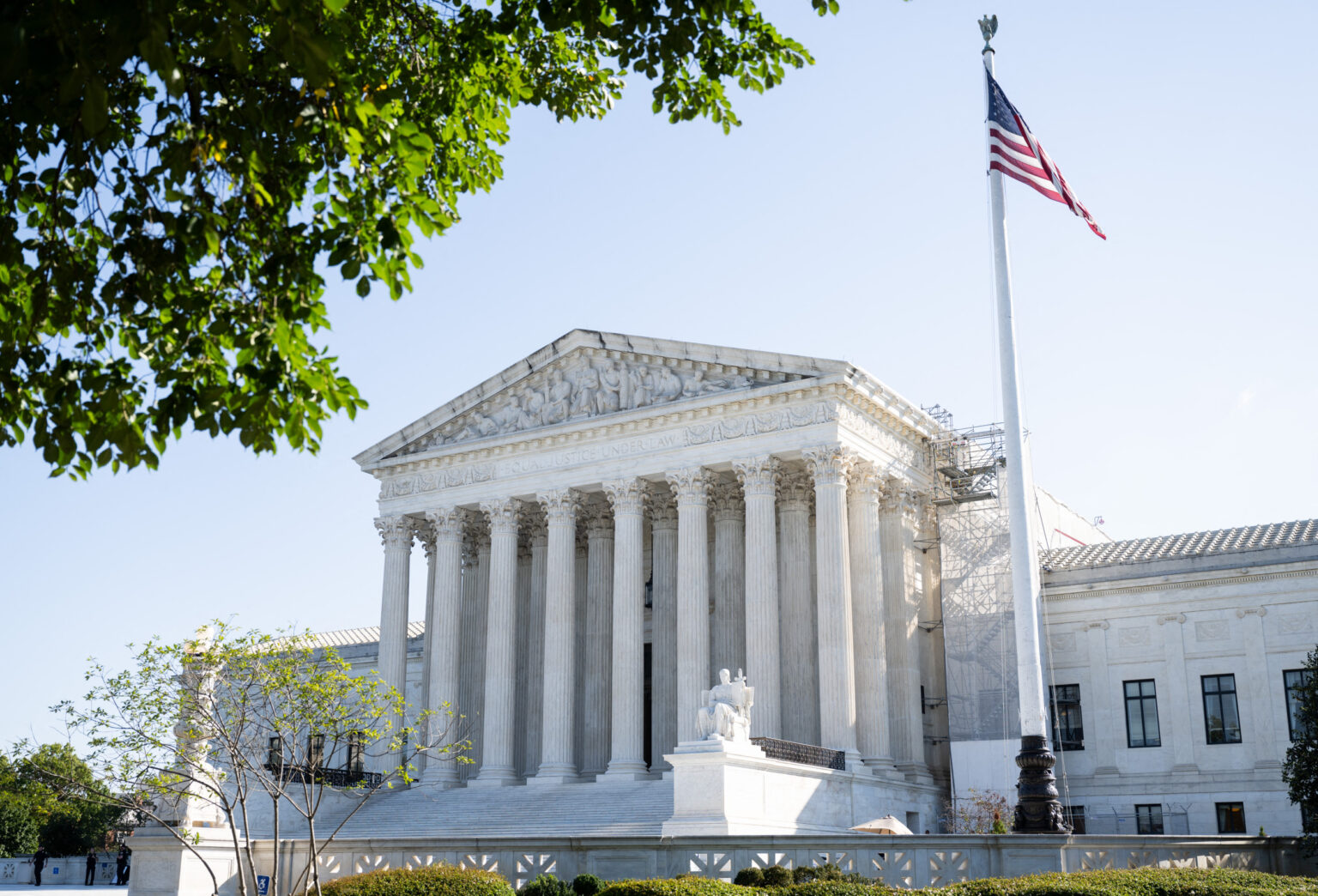The Supreme Court refused to hear a case seeking to give the president expanded abilities to fire commissioners of the United States Consumer Product Safety Commission (CPSC) on Monday, that could reduce the independence of agencies created by Congress.
In turning away a challenge to the structuring of the CPSC, which argued that it was too heavily shielded from accountability, the president will still only be able to remove commissioners “for neglect of duty or malfeasance in office”.
The CPSC oversees the safety of consumer products, and issues recalls and warnings which are decided on by a five-member panel nominated by the president and confirmed by the Senate.
Responding to Monday’s decision, Will Hild, Executive Director of Consumers’ Research, told Newsweek the battle over consumer protections was not over.
“While it is disappointing the Supreme Court declined our appeal, Consumers’ Research will continue to look for ways to protect consumers from an unconstitutional bureaucracy that lacks the proper checks and balances,” Hild said in a statement.
“No regulatory agency that directly impacts consumers and wields substantial executive power, such as the Consumer Product Safety Commission, should be shielded from any executive oversight.”
Hild said the lack of oversight was a serious problem which did not benefit consumers.
During CPSC officials’ seven-year terms, those panel members can only be removed for the reasons set out above, which those behind the challenge argued was too restrictive.
“Under our system of checks and balances, those who wield substantial executive power must be, in some way, accountable to the source of that power: the People, through the duly elected President,” an amicus brief from Consumers’ Research, et al, filed ahead of Monday’s hearing, read.
The groups said agencies like CPSC should not wield substantial executive power without being accountable to the executive and that the current set-up effectively makes these agencies a “headless fourth branch” of government.
A federal district court had originally sided with the organizations, declaring the restrictions around removals unconstitutional. Three judges on the U.S. Court of Appeals for the 5th Circuit then overruled that decision.
“We conclude that the Supreme Court’s still-on-the-books precedent supports the commission’s structure,” Judge Don Willett wrote in January 2024. “If it were otherwise, then the FCC, the NSF, the SBA, and dozens of other agencies would all be unconstitutionally structured. The Supreme Court has not yet directly embraced that conclusion.”
That prompted plaintiffs to move the case to the Supreme Court, with officials in the Biden administration raising concerns that a ruling in favor of those behind the suit would open up the path to presidential interference with other federal agencies, such as the Nuclear Regulatory Commission or the Nation Transportation Safety Board.
The Biden administration’s defense of the current arrangement comes from a 1935 ruling on the Federal Trade Commission, which looked at the issue of whether the president had the power to remove executive officials.
A more recent decision from 2020 involving the Consumer Financial Protection Bureau, in which the Supreme Court invalidated its similar leadership structure, was used by those bringing the challenge.
Newsweek reached out to the CPSC via email for comment on Monday’s decision by the Supreme Court.
Read the full article here

